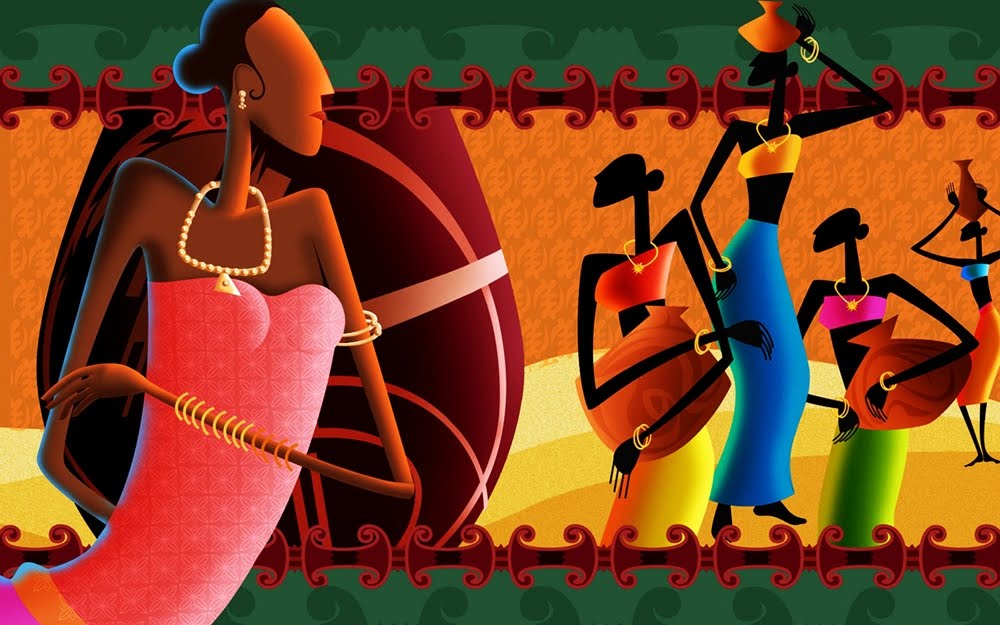
Songkran (สงกรานต์)
is the most important feast for Thai people.
Songkran event
normally falls on the 15th full moon but the government of Phibulsongkran fixed
Songkran as the 13th of April prior to World War II. Often called "water
festival", Songkran is the ancient New Year's Day happening mid April. Now
the official New Year's Day happens the 1st January.
For Songkran
festival, Thai people will clean everything, i.e the house, the previous year
bad actions, the Buddha statues, one's own spirit. But nowadays Songkran
festival is better known for its splashing water madness. Traditionally the
ceremony was to pour water into the palms hands in order that bad actions, bad
thoughts flow away with the water. It was a way to purify. Children show their
respect to elders by performing this water ceremony. Also scented water is
poured over the shoulder and slowly down the back of the person. While pouring
the water in this manner, people say good wishes and words of blessing for the
coming New Year.

The first day of
Songkran period is an important day to make good deeds. People visit temples to
listen to Dharma. Also they give alms to monks.
On the second day of
the New Year festival, Thai people traditionaly carry sand into temples
compounds in order to build a small pagoda ("PHRA CHEDI SAI" - พระเจดีย์ทราย).
These sand piles represent personal pagodas built as part of the merit-making ritual.
People leaving a temple during the previous year have taken with them temple
dust. Taking sand into the temple during Songkran festival atones for what they
have taken out.

Sonkran is a time for
celebration. Young people working in Bangkok and big cities come back to the
village. They return because this is an opportunity of social reunification.
They meet with their family, friends and relatives within the community.
Food is offered to monks.
The food left is shared by the nuns and the people offering alms and people also donate flags (ธงปักทราย - "THONG PAK SAY") to sand
pagoda. It is believed to bring luck and considered as a revered offering to
the temple.
Thai
Buddhist temples traditionally move what are believed to be their holiest
statues to open-air pavilions during the Thai New Year to allow worshipers to
sprinkle them with water. It sometimes happens that ancient Buddha statues were
stolen from shrines erected outside temples to accommodate Thai worshipers. Buddhist artifacts are frequently smuggled from rural Thailand and neighboring Cambodia
to Bangkok markets, where they are often sold to foreign collectors.
In
the past, young people poured scented water over the hands of their parents and
elders to show respect. Nowadays the celebrations typically degenerate. Youths
wander the streets of cities in pickup trucks throwing buckets of ice water at
pedestrians and motorcyclists. Others stand on street corners shooting
passers-by with high-pressure water guns.

Songkran
festival lasts officially three days. But it often starts one day before if the
weather is very hot. All administrations and banks are closed. Most people
living in Bangkok go back up-country to visit their relatives and to
participate to Songkran feast. During Songkran festival there is no traffic
jams in Bangkok. Many houses nationwide are put under police watch during
Songkran. During Thai New Year parade Buddha statues are settled on cars.
People sprinkle holy water on the statue to purify it.
During
Songkran festival, Thai people symbolically bathe the monks ("SONG NAM
PHRA" - ทรงน้ำพระ). It is an old ritual to pay respect
to monks.


TEXT:
WIKIPEDIA, THAIWORLDVIEW
PHOTO: THAIWORLDVIEW, THAI-FESTIVAL-LIFE, THAI BLOG, GRAND PARASO




